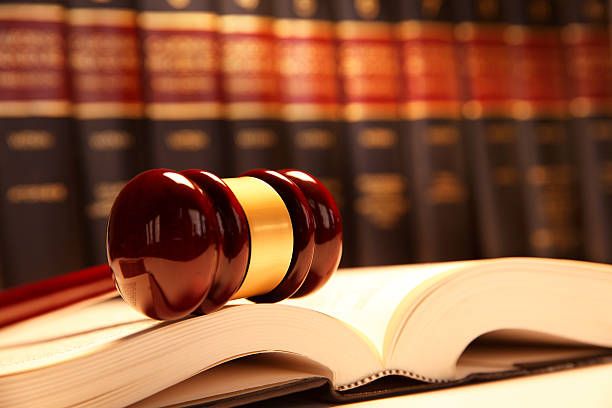Law is not the beginning location, nor is it the end place in regards to ethics. Our ideas shape our laws’ nature. Criticism of legislation and suggestions for change in our legislation are often based. Ethical theory starts that people act rationally and they make choices. These conditions are not correct. They behave emotionally and mistakes are made by Folks and consequently make mistakes.
Ethical rules are to follow in our relations with other individuals. In theory, there is a clear distinction between descriptive and normative ethics. Normative statements inform us what is right in some way that is essential and exactly what we ought to do. Descriptive statements on the other hand tell us about the behaviour of people. They also tell us exactly what ethical rules a society has adopted.

The Ethics and The Law
What is the link between ethics and law? In ways, integrity precedes law that moral principles assist to determine if we should pass a law that is specific or not. Some laws apply ethical rules. Ethics enforce us to comply with laws — not because they are laws, but since laws bring out the prohibitions of moral rules and the duties. In general, we have an ethical obligation not to break contracts and agreements we have concluded.
Is it constantly ethically right to do what’s legal? There are ethical rules, which many people accept, but that would be hard or even wrong to apply with legislation. In the new technology, there appear to be new issues. It takes some time to recognize these new problems and to consider solutions. Ethics fills the gap between the time technology creates new problems and when you pass laws. The situation is exactly the same when integrity fills the gap between general criteria of legislation which apply to all cases and when you need to make decisions.
Ethics is this morality’s concept. It is a well thought-out notion of good and evil, right and wrong. The morality is that the custom of this ethics.





